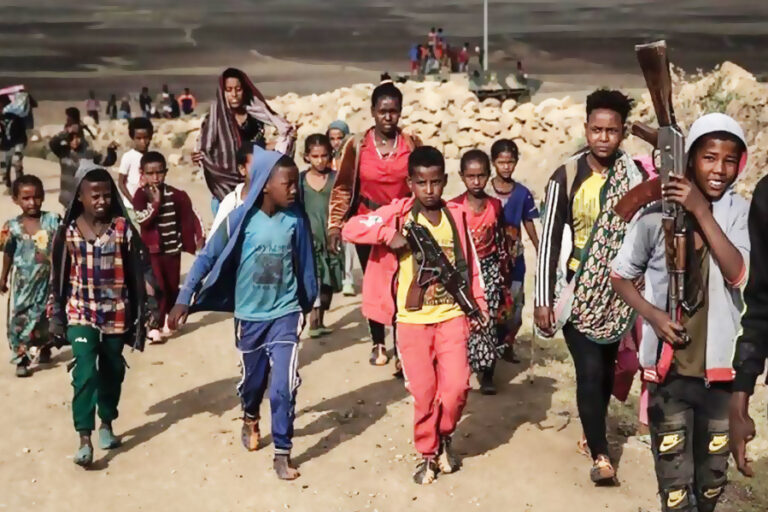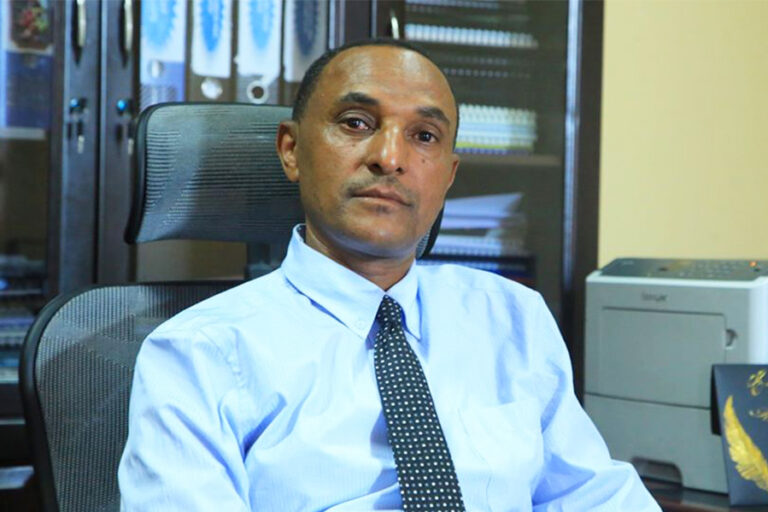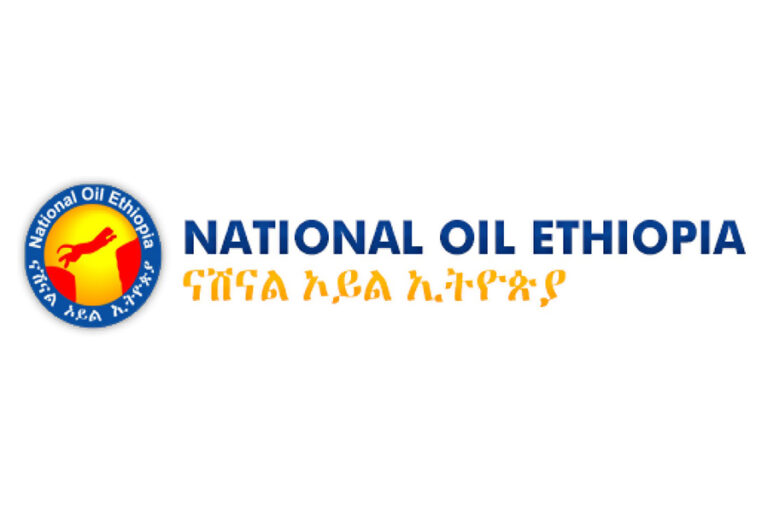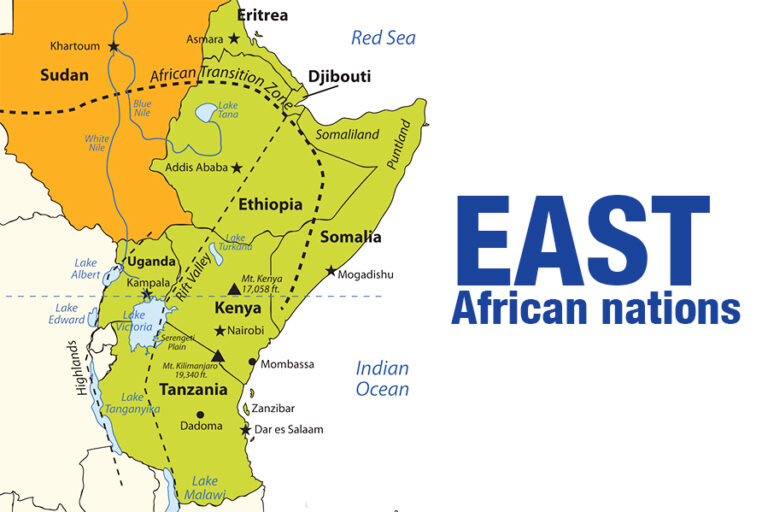The Ethiopian Human Rights Commission (EHRC) is investigating the reports related with child soldiers which are being deployed by the TPLF group in the war front after receiving reports.
Beside its attack on civilians living in the neighboring region, the TPLF is deploying children to the battle front, as reports shows.;w Multiple pictures going viral among Ethiopians in social media indicates that the Tigray People’s Liberation Front is extensively using child soldiers in the battle against the Ethiopian Defense Force and Amhara region forces.
Earlier this week, the TPLF launched an extensive military campaign in the Afar region, although, the TPLF was unable to prevail in the Afar region and continue a military offensive. It has suffered a crushing defeat in Alele Sulula area of the Afar region. A force called May Day has been deployed according to government report deploying child soldiers in the front as well. However, the TPLF forces were defeated, and several child soldiers were captured.
“The TPLF is forcing children to get in the war by giving them about three days of trainings, and is also collecting bodies of the children killed in the fights to spread its propaganda,” says the national defense force.
Also the government expressed that the leaders of the TPLF group are ordering not to give aids for families that didn’t sent their children to the fight.
Expertise working on the human rights says that role of children taking direct part in war bears serious implications for their physical and emotional well-being. They are commonly subject to abuse and most of them witness death, killing, and sexual violence. Many are forced to commit violent acts and some suffer serious long-term psychological consequences. The reintegration of these children into civilian life is an essential part of the work to help child soldiers rebuild their lives and is often a long road to fully recovery
In Ethiopia the minimum age for military service is 18 and although such service was not compulsory, there had been “credible” reports that lots of teenagers had been forcibly recruited into the army, especially during preparations for the offensive. Also Recruiting and using children under the age of 15 as soldiers is prohibited under international humanitarian law, treaty and custom, and is defined as a war crime by the International Criminal Court.
Although the International Community has been calling for an end to the conflict and resorting to political dialogue to resolve the dispute between the Federal government and TPLF, they are however quiet about TPLF using child soldiers in battles, government blamed. Prime Minister Abiy Ahmed also accused the international community of the silence about the TPLF recruitment of child soldiers.
Aron Masho, public relation director at EHRC told capital that, the commission is investigating the situation based on reports the commission has received. “Since the commission follows up human rights violation, we are working to find out what the situation is,” said Aron, adding that so far there is no completed report.
Children rights infringed as TPLF deploys minors
New association to lead the CoE 2022
The newly formed Ethiopian Coffee Association that was established with the amalgamation of six different associations of the bean sector would have the leading role for the upcoming cup of excellence under public private partnership (PPP) modality with the government.
Adugna Debela, Director General of Ethiopian Coffee and Tea Authority, told Capital that the newly established association will lead the Cup of Excellence (CoE) 2022 that was supported and manage by Feed the Future Value Chain Activity for the past two years.
“We have strengthened the associations in the coffee industry to become a single sectoral body to lead the PPP and the authority would be the backstop to undertake the upcoming CoE,” he explained.
“We are already looking for funding organizations to start the next year’s competition. Local banks have also expressed their interest to support the initiative, while as inception we have some amount from the commission of CoE 2021,” Adugna added.
In the past there were six associations including producers, exporters, suppliers, rosters and women in coffee associations, “now we have formed one and strong Ethiopia Coffee Association that shall represented the private sector and work with the government for the benefit of the stakeholders and country.”
The authority head says that the evaluation for the CoE 2021 will be undertaking to identify the strength and weakness that will support to register better performance for the CoE 2022.
On the 2021 CoE, 1,848 competitor’s samples have been submitted and top 150 samples have passed for the second stage and 40 of them are in the final top round.
From the top 40 specialty coffees, the first 30’s have achieved 87 points and above to trade their bean on international online auction on allianceforcoffeeexcellence.org that was held on July 7.
To encourage the farmers and promote Ethiopian coffee the Ethiopian Commodity Exchange has also introduced micro lot trading platform’ to trade specialty coffee on once in a month time.
The 110 samples were eligible for micro lot trading from the 150 samples that passed for the second stage of competition under the CoE 2021 excluding the last 40 finalist.
On the international online auction that held two weeks ago Ethiopian coffee has registered another new world records.
The highly anticipated auction that gathered 188 buyers from 33 countries saw bids for over 4,000 times for more than nine hours to secure the sought-after winning coffees.
After the auction, Kidist Mulugeta, CoE Coordinator and Capacity Building Manager at Feed the Future Value Chain Activity, told Capital that the country’s quality coffee is now getting more attention from global buyers, “for instance we had only sent samples for 170 buyers but additional 18 buyers have been involved on the auction without testing the lots, which shows the buyers confidence on Ethiopian coffee, which is very high of course.”
One of the biggest achievement for this year auction is all 30 coffee have got over USD 15/pound. Last year there were some coffees that had got very high amount; the rest was low, while for this year all the coffees have amassed significant value.
The 2020 Ethiopia CoE, which is the first for Ethiopia, auction broke records, with total sales of USD 1.5 million topping the previous record of USD 830,245 from El Salvador in 2011. The El Salvador auction had 42 lots for sale, while the CoE Ethiopia auction included only 28.
For this year, the total proceeds value breaks another record for the second consecutive year and topped USD 1.8 million.
The winning lots that participated on the auction are the top 30 coffees that scored above an 87 percentage by the Cup of Excellence Global Coffee Centers. Coffee by Tamiru Tadesse of Sidama was the top scoring 90.6 percent.
In the 2020/21 Ethiopia earned a record USD 907 million from the export of 248,000 metric tons of coffee export. According to Adugna, in the current budget year that started on July 8, the authority has projected to export 280,000 metric tons of coffee that will generate a billion dollars.
He said that the performance in the first month of the budget year, which is July, has shown a promising performance.
NOC announces bid for first coal washing plant
National Oil Company /NOC/ announces international bid for the construction of the first coal washing plant in Ethiopia in Benishangul region.
The company has invited interested companies for the supply of full set of coal washing plant. Thus suppliers with competitive prices who can manufacture and supply the complete coal washing plant with latest technology, are invited to for the bid. According to the bid document the winning company will be given an Engineering, Procurement and Construction /EPC/ contract.
This is a standard term that refers to a special form of project execution and contract design for the coal washing plant, in this case, the company will be expected to do the construction from designing with in a given time and budget and also the supply and put on the machineries, training of staffs with the standards that the completed project is required to meet.
On June 17, 2021, the foundation stone of for the coal refining and enrichment plant has been laid in Assosa, Benishangul Gumuz State. The total cost of the project is expected to be about one billion birr whereas according to officials from the company that Capital obtained, the government has promised to provide 70 percent of the cost with long term loan, hence the rest 30 percent will be covered by the company itself. Beside, providing loan as the source told Capital that the company has been promised to get foreign currency without any waiting time to purchase all machineries needed to the plant.
The plant is expected to be completed in 11 months, and will have a capacity to produce 1 billion tons of coal annually. Moreover, it targets to cover 100 percent of the local demand.
“Quality of local coal is low which the industry direly needs, and perhaps our company will build a coal washing factory with high quality standard and affordable price,” the firm explained.
Ethiopia uses coal in its cement and textile factories by preserving heat at times of power interruption and to Coal production at the national level will help to recover costs incurred in foreign currency expenditure on the mineral beyond encouraging investors to the energy sector, according to Ministry of Mines and Petroleum.
The government has been taking various measures to encourage investments in coal. Amending the energy proclamation and licensing potential companies who wish to invest in the sector are some of the measures that Ethiopia has taken in mining industry.
According to the Geological Survey of Ethiopia, there are 17 main locations in which potential coal resources have been identified which amounts to over 360 million tons of coal.
On the contrary, the country spends up to 200 million dollars annually importing coal for use in cement production and energy generation.
The bid is expected to be open on August 19, 2021. NOC has been engaged on importing coal for the last five years.
East Africa to bounce back to positive recovery, experts hint
Despite economic challenges associated with the COVID-19 pandemic, many East African countries are projected to see positive growth during the recovery process this coming year, according to Smollan.
East African nations are in better condition going into the recovery process, as most have a diversified economy and non-reliance on exports of commodities, according to analyst Judd Murigi from ICEA LION Asset Management.
“How governments and the private sector respond to the impact of the pandemic over the coming months will determine the mid- and long-term success of the region’s efforts at building back better,” said Hardeep Sound, SAP, East Africa.
According to a Deloitte East Africa Economic Impact Report, countries such as Kenya and Ethiopia which had slower GDP growth last year will see positive growth rates this year. East Africa is one of the fastest growing regions on the continent, and has more potential for acceleration.
Ethiopia specifically has promising growth potential, being the second most populous nation in Africa. One obstacle other than its closed economy is the unreliability of supply chains in a landlocked country with relatively poor infrastructure. Additionally, many consumer goods are imported, and the birr is weakening, making inflation a significant concern.
Other countries within East Africa are experiencing similar effects. Kenya, according to Fanuzi, is on the verge of moving from a low-income nation to a middle-class consumer economy. In Uganda, many business owners and retail supply chains were disrupted, impacting the majority of the population that relies on daily wages. Rwanda, after implementing one of the strictest lockdown policies in the continent, is expected to grow by 5.1%.
During the pandemic, much like other nations, East African countries experienced a positive impact on online retailers, brick and mortar markets being severely impacted, increased demand for cleaning products and food supplies, and rising unemployment.






